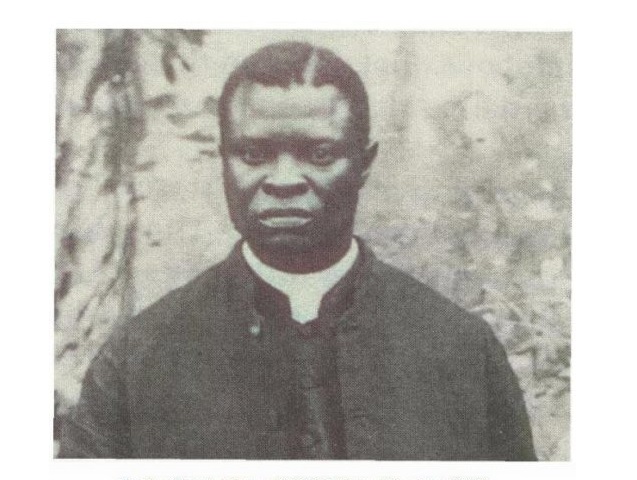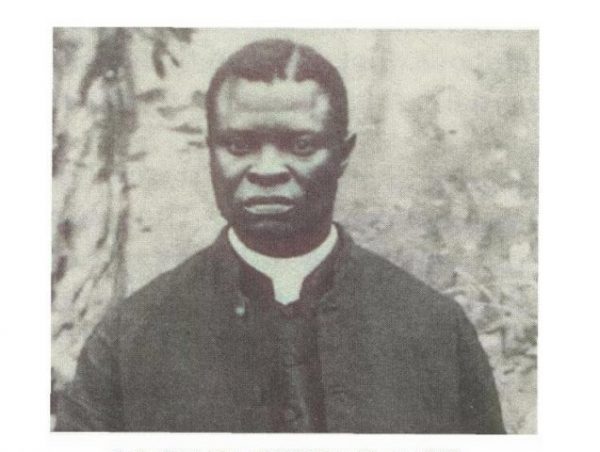Samuel Johnson was born as the third of seven children of Henry Erugunjinmi Johnson & Sarah Johnson on June 24, 1846.
Read more about Throwback Thursday
Samuels father, Henry (who also gave himself the name Erugunjinmi) was a grandson of the 18th-century Alaafin Abiodun born in 1810. Born in the town of Oyo-Ile, capital of the Oyo Empire, Henry was later captured in the Atlantic Slave Trade and was rerouted to Sierra Leone where he was recaptive Creole.
It was in Sierra that Samuel Johnson, his older brothers, Henry & Nathaniel, and a younger brother, Obadiah were born.
In 1857 Henry and Sarah Johnson moved back home with their four sons to the Church Missionary Society (CMS) Mission in Ibadan.
The Church Missionary Society (CMS) had a goal of systemically reducing the ongoing slave trade and check the spread of Islam in the region by training recaptives and indigents in Western values and teaching them Christian ways.
These recaptives that were trained were being dispatched across towns in West Africa as ministers and teachers. Samuel and at least two of his brothers eventually became a crucial part of these ministers and teachers who would spread the new religion and civilisation.
Sign up to the Connect Nigeria daily newsletter
Incidentally, despite Samuel’s spot in the CMS mission, he took it upon himself to help establish the place of the Yoruba crop lest it is lost to history and westernisation.
Samuel Johnson’s education was started under the guidance of David Hinderer, a European of the CMS missionary stationed in Ibadan. Samuel completed his training with Gottlieb Buhler at the CMS Training Institution in Abeokuta where he was educated in Scripture/Catechism, Greek, Modern and Medieval History, Mathematics, Philosophy, and Natural History.
Johnson’s education and life direction were also influenced by his older brothers, Henry Jr. and Nathaniel, who became ordained Anglican priests. Henry became an archdeacon while Nathaniel became the pastor of an Anglican church in Lagos.
In 1866, Samuel Johnson was given his first missionary assignment at the age of twenty years old when he became schoolmaster at a CMS mission school in Ibadan. By 1870 Johnson he had risen to the position of superintendent of the Anglican Mission schools in Ibadan.
Samuel must have had an inkling he had more to do to set right what was wrong with the Yoruba society of old which was ravaged with incessant wars. After all, it was vis these wars and raids that his father had been sold to slavery.
Featured Image Source: Old Naija
Got a suggestion? Contact us: [email protected]


